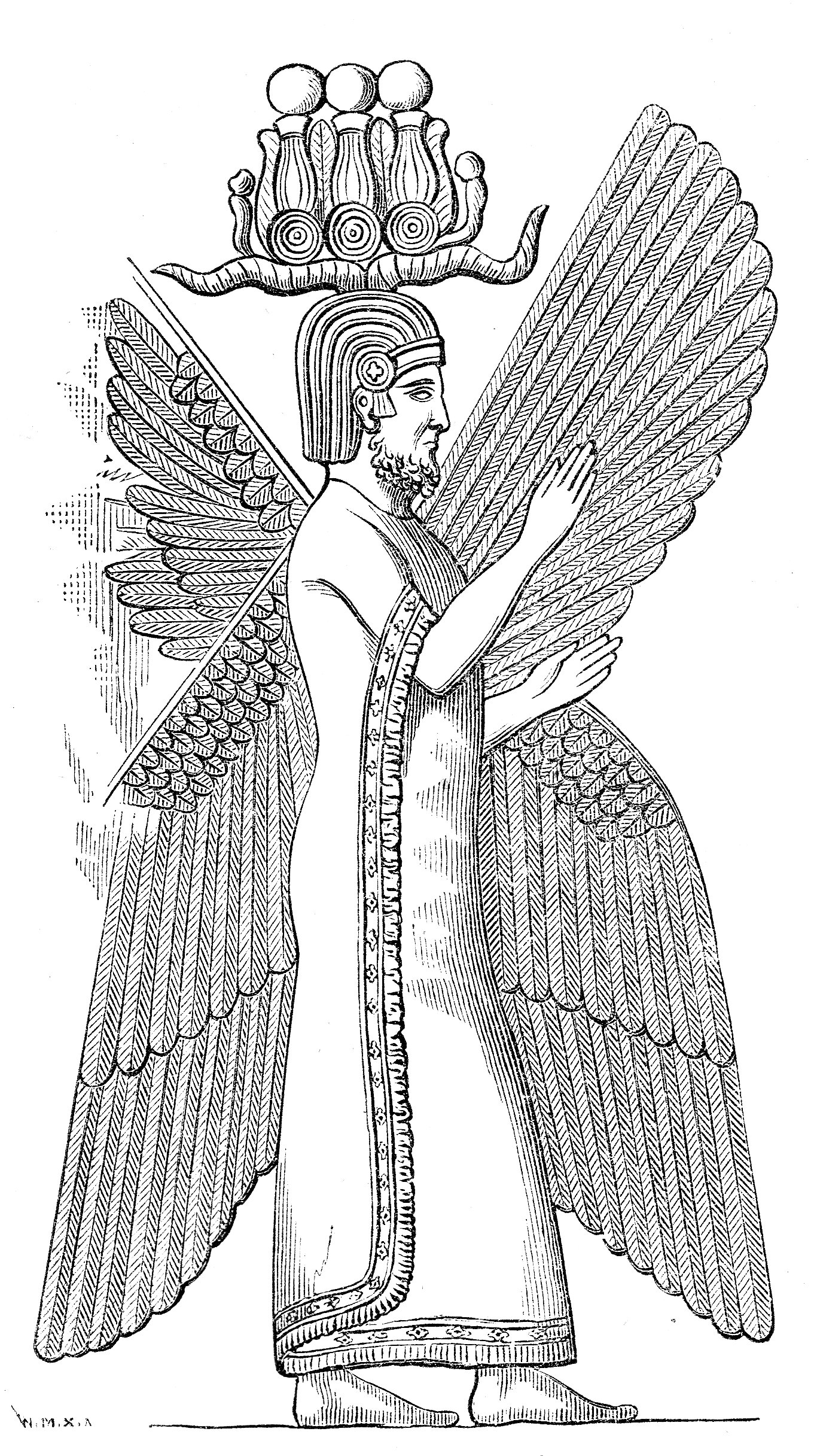After being suggested by Artembares, grandfather of Artayctes, to abandon the rocky land of Persia Proper for a better region in the empire.
Quelle: As quoted by Herodotus, in the final section of The Histories; cited in https://books.google.com/books?id=2fZmqKcsf-wC&pg=PT362&lpg=PT362
Kyros II.: Zitate auf Englisch
Quelle: In Xenophon's Cyrus the Great: The Arts of Leadership and War https://books.google.com/books?id=w-WNO_TOgOQC&dq=Xenophon%27s%20Cyrus%20the%20Great%3A%20The%20Arts%20of%20Leadership%20and%20War&hl=fr&source=gbs_book_other_versions (2006) p. 116, also quoted in "9 Timeless Leadership Lessons from Cyrus the Great" http://www.forbes.com/sites/ryanholiday/2012/04/19/9-timeless-leadership-lessons-from-cyrus-the-great/ at Forbes.com (19 April 2012)
Quelle: Epitaph of Cyrus, as quoted in Life of Alexander, in Plutarch : The Age of Alexander, translated by Ian Scott-Kilvert (1973), p.326.
“Diversity in counsel, unity in command.”
Quelle: Attributed to Cyrus the Great, in Strategic Management : A New View of Policy and Planning, by Charles W. Hofer (1979), p. 163. Hofer does not cite any particular source, but this quote is frequently cited in literature written by and for American businessmen.
Quelle: As quoted in A Dictionary of Thoughts : Being a Cyclopedia of Laconic Quotations from the Best Authors of the World, both Ancient and Modern (1908) by Tyron Edwards, p. 290
